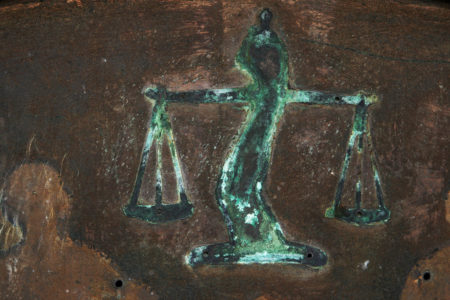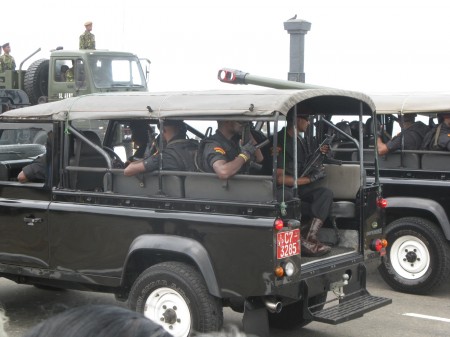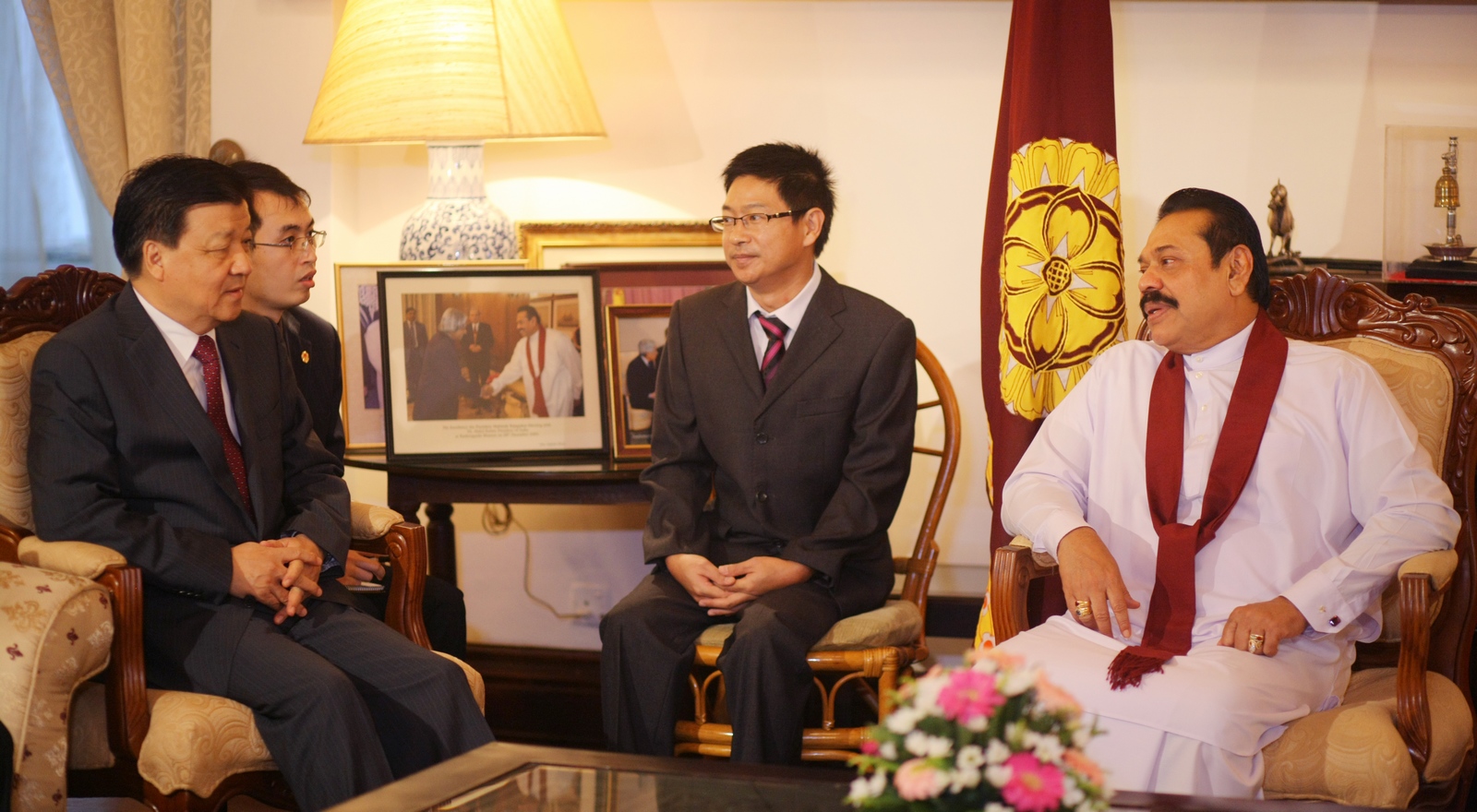Image courtesy of bestbauch/pixabay
Mediation Perspectives is a periodic blog entry that’s provided by the CSS’ Mediation Support Team and occasional guest authors.
Since the end of the civil war in Sri Lanka, representatives of the island’s Muslim minority and Buddhist majority have increasingly clashed violently. Attacks and counterattacks between the two communities have challenged the hope for peace on the island. Peacebuilding approaches to deal with the clashes between the religious communities require a better understanding of human non-material needs as motivation for political action. Considering the rationality of seemingly irrational acts such as self-immolation helps in understanding both these needs and the contentious issue at hand.





